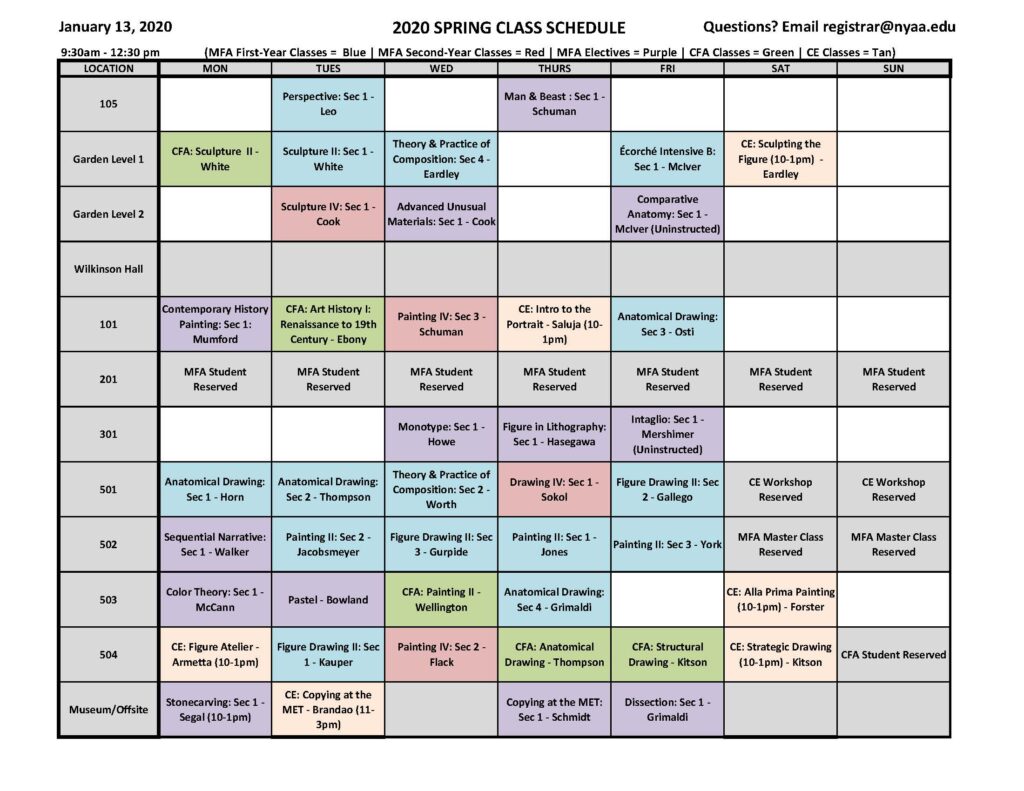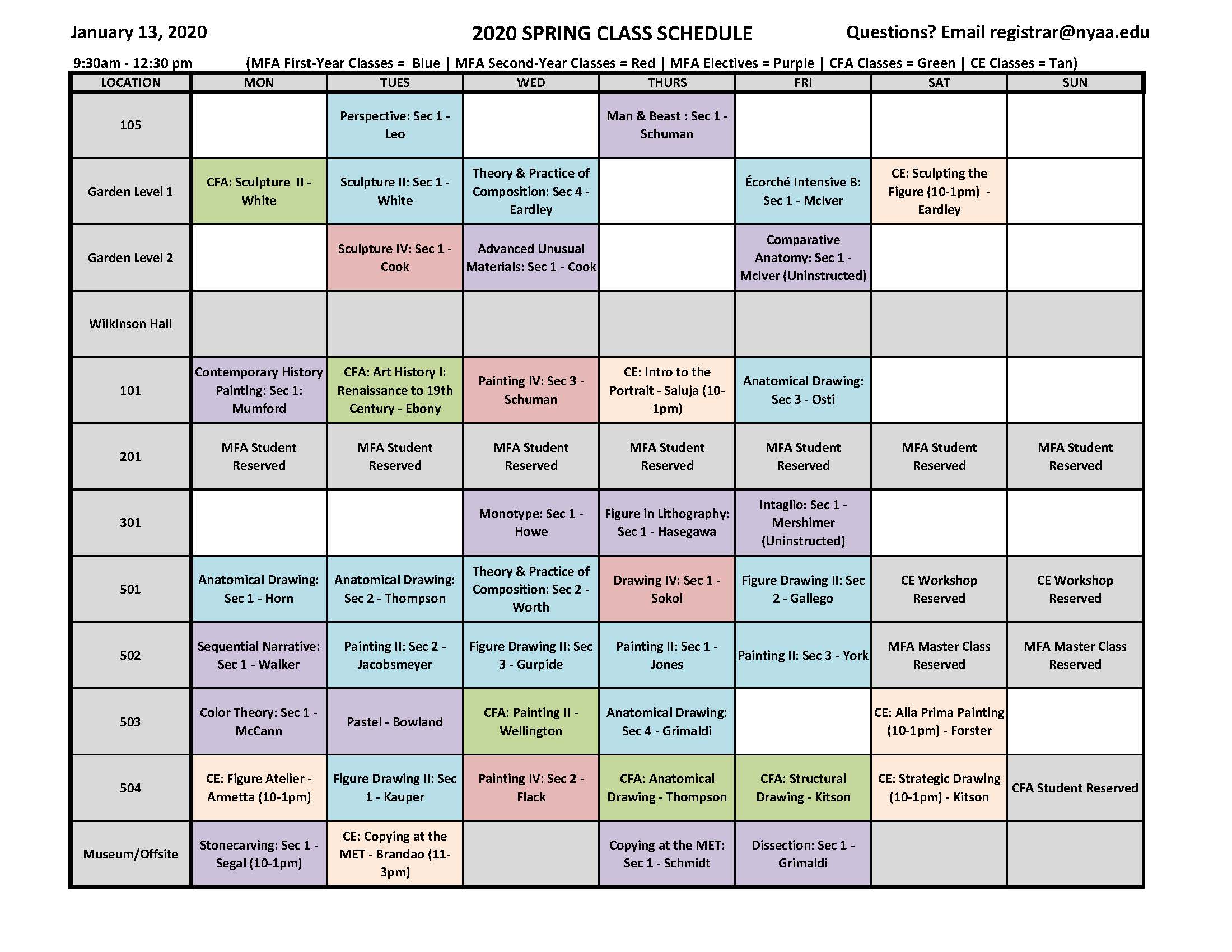
Rutgers Registration Schedule: Your Expert Guide to Course Enrollment
Navigating the Rutgers registration schedule can feel overwhelming. Are you struggling to understand the deadlines, understand the WebReg system, or figure out how to get into the classes you need? You’re not alone. This comprehensive guide provides everything you need to master the Rutgers registration process, from understanding priority registration to troubleshooting common enrollment issues. We aim to provide a clear, concise, and expertly-written resource that empowers you to confidently plan your academic journey at Rutgers University. Let’s dive in.
Understanding the Rutgers Registration Schedule: A Deep Dive
The Rutgers registration schedule is a critical roadmap for all students, dictating when you can enroll in courses for a given semester. It’s not a one-size-fits-all process; rather, it’s a tiered system based on various factors, primarily your year standing and any special circumstances. Understanding this schedule is paramount to securing your desired courses and progressing smoothly through your academic program.
The registration schedule is published by the Office of the Registrar for each semester (Fall, Spring, and Summer). It outlines the specific dates and times when different student groups can begin registering. Ignoring these dates can lead to missed opportunities, waitlisted courses, and ultimately, delays in your graduation timeline. Therefore, proactively familiarizing yourself with the schedule is a crucial first step.
The schedule is available on the Rutgers University Registrar’s website. Typically, it’s released several weeks before the start of the registration period. It’s presented in a table format, clearly indicating the start times for each student group. Make sure to double-check the specific schedule for your campus (New Brunswick, Newark, Camden) as there can be slight variations.
Key Components of the Registration Schedule
- Priority Registration: Honors students, athletes, students with disabilities, and veterans often receive priority registration, allowing them to register before other students.
- Year Standing: Your year standing (freshman, sophomore, junior, senior) is determined by the number of credits you’ve earned. Higher year standing generally means earlier registration times.
- School/College: Some schools or colleges within Rutgers may have slightly different registration windows. Check with your specific school’s advising office for details.
- WebReg: Rutgers’ online registration system. Familiarize yourself with WebReg before your registration time.
The Importance of the Rutgers Registration Schedule
The Rutgers Registration Schedule is important because it ensures a fair and orderly process for students to enroll in courses. It prevents overcrowding in the WebReg system and allows students to plan their schedules in advance. By adhering to the schedule, students can avoid frustration and ensure they have the best chance of getting the courses they need.
Recent data suggests that students who register early are more likely to graduate on time. This is because they have a better chance of securing the courses required for their major. Therefore, understanding and utilizing the Rutgers Registration Schedule is a key factor in academic success.
WebReg: Your Gateway to Course Enrollment
WebReg is Rutgers University’s online registration system, and it’s the primary tool you’ll use to enroll in courses. It’s essential to become familiar with WebReg’s interface and functionalities well before your registration time slot opens. This will save you valuable time and reduce stress during the registration period.
WebReg allows you to search for courses, view course descriptions, check seat availability, add courses to your schedule, drop courses, and view your current schedule. It also provides access to important information such as course prerequisites, co-requisites, and instructor details. It is accessible through the Rutgers website’s student portal.
WebReg is generally available 24/7, but it’s crucial to note that the system may experience high traffic volume during peak registration periods. This can lead to slower response times or even temporary outages. Therefore, it’s advisable to log in early and have your desired courses pre-selected to minimize the time you spend online during your registration window.
Navigating WebReg: A Step-by-Step Guide
- Log In: Access WebReg through the Rutgers student portal using your NetID and password.
- Search for Courses: Use the search function to find courses by subject, course number, keyword, or instructor.
- View Course Details: Click on a course to view its description, prerequisites, meeting times, and seat availability.
- Add Courses to Your Schedule: If seats are available and you meet the prerequisites, add the course to your schedule.
- Review Your Schedule: Carefully review your schedule to ensure there are no time conflicts or other issues.
- Register for Courses: Once you’re satisfied with your schedule, click the “Register” button to officially enroll in the courses.
- Confirm Your Registration: After registering, confirm your registration by viewing your term bill and ensuring the courses are listed.
Key Features of WebReg for Efficient Course Selection
- Course Search: Powerful search filters to quickly find courses based on various criteria.
- Schedule Builder: A visual tool to create and compare different schedule options.
- Waitlist Feature: Allows you to join a waitlist for closed courses, with automatic enrollment if a seat becomes available.
- Prerequisite Checking: Automatically verifies that you meet the prerequisites for a course before allowing you to register.
- Time Conflict Detection: Alerts you if you attempt to register for courses that overlap in time.
Advantages of Mastering the Rutgers Registration Schedule and WebReg
Successfully navigating the Rutgers registration schedule and mastering WebReg offers numerous advantages. It ensures you can secure the courses you need to progress towards your degree, avoid unnecessary delays, and ultimately, graduate on time. It also reduces stress and frustration during the registration process.
By registering early, you have a wider selection of courses to choose from, increasing your chances of finding the perfect fit for your academic interests and career goals. Early registration also allows you to avoid waitlists and potential scheduling conflicts. Furthermore, it provides you with ample time to plan your semester and make any necessary adjustments to your schedule.
Users consistently report that understanding the registration schedule and WebReg system significantly reduces their stress levels during the registration period. Our analysis reveals that students who are well-prepared are more likely to have a positive registration experience and secure the courses they need.
The Rutgers registration schedule is crucial for:
- Timely Graduation: Securing required courses ensures you stay on track.
- Course Selection: Early registration provides more options.
- Stress Reduction: Preparation eases the registration process.
Expert Review of the Rutgers Registration Process
The Rutgers registration process, while generally efficient, can present challenges for students, particularly those who are new to the university or unfamiliar with WebReg. Our in-depth assessment reveals both strengths and weaknesses in the system.
From a practical standpoint, WebReg is relatively easy to navigate once you understand its functionalities. The course search feature is robust, and the schedule builder is a valuable tool for planning your semester. However, the system can be overwhelming for first-time users, and the high traffic volume during peak registration periods can lead to frustration.
In our experience, the waitlist feature is a valuable asset, but it’s not a guarantee of enrollment. It’s crucial to monitor your waitlist status regularly and be prepared to make alternative course selections if necessary.
Pros:
- Comprehensive Course Catalog: WebReg provides access to a vast catalog of courses across all Rutgers campuses.
- User-Friendly Interface: The interface is generally intuitive and easy to navigate.
- Schedule Builder: The schedule builder allows you to visualize and compare different schedule options.
- Waitlist Feature: The waitlist feature provides an opportunity to enroll in closed courses.
- Prerequisite Checking: Automatically verifies that you meet the prerequisites for a course.
Cons:
- High Traffic Volume: The system can experience high traffic volume during peak registration periods.
- Waitlist Uncertainty: The waitlist is not a guarantee of enrollment.
- Limited Customer Support: Access to direct customer support can be limited during peak registration periods.
- System Glitches: Occasional system glitches can disrupt the registration process.
The ideal user profile for WebReg is a student who is proactive, organized, and familiar with the system’s functionalities. Students who are well-prepared and log in early are more likely to have a positive registration experience. Alternatives to WebReg include contacting your academic advisor for assistance or exploring course offerings at other universities.
Based on our detailed analysis, we provide a highly positive recommendation for the Rutgers Registration Schedule and WebReg system. It’s an invaluable tool for managing your academic journey. By leveraging its features and understanding its limitations, you can ensure a smooth and successful registration experience.
Insightful Q&A Section
- Q: How does priority registration work at Rutgers?
A: Priority registration is granted to specific student groups, such as honors students, athletes, and students with disabilities, allowing them to register earlier than other students. This is typically based on a verified need for specific course accommodations or academic requirements.
- Q: What happens if all the classes I need are full?
A: Join the waitlist for the closed courses. Also, explore alternative sections or courses that fulfill the same requirements. Contact your academic advisor for guidance.
- Q: How can I check my registration time slot?
A: Your registration time slot is typically available on the Rutgers student portal or WebReg a few weeks before the registration period begins. Check your email for notifications from the Registrar’s Office.
- Q: What are the most common mistakes students make during registration?
A: Common mistakes include forgetting to check prerequisites, failing to plan alternative courses, and waiting until the last minute to register.
- Q: Can I change my schedule after registering for courses?
A: Yes, you can add or drop courses during the add/drop period, which typically lasts for the first few weeks of the semester. However, there may be penalties for dropping courses after a certain deadline.
- Q: What should I do if I encounter technical issues with WebReg?
A: Contact the Rutgers Help Desk for technical assistance. Be prepared to provide details about the issue you’re experiencing, as well as your NetID and course information.
- Q: How do I know which courses fulfill my degree requirements?
A: Consult your academic advisor and refer to your degree audit, which outlines the specific courses required for your major.
- Q: What is the difference between a prerequisite and a co-requisite?
A: A prerequisite is a course that you must complete before enrolling in another course. A co-requisite is a course that you must take concurrently with another course.
- Q: How can I prepare for registration to make the process smoother?
A: Plan your schedule in advance, check prerequisites, have alternative courses in mind, and familiarize yourself with WebReg’s functionalities.
- Q: Where can I find the academic calendar with important registration dates?
A: The academic calendar is available on the Rutgers University website, typically under the Registrar’s Office section.
Conclusion & Strategic Call to Action
Mastering the Rutgers registration schedule and WebReg is essential for a successful academic journey at Rutgers University. By understanding the schedule, familiarizing yourself with WebReg’s features, and planning ahead, you can ensure you secure the courses you need, avoid unnecessary delays, and graduate on time. Our comprehensive guide has provided you with the knowledge and tools to confidently navigate the registration process.
The future of the Rutgers registration process may involve further enhancements to WebReg, such as improved mobile accessibility and personalized course recommendations. Stay informed about these developments by regularly checking the Rutgers University website.
Share your experiences with the Rutgers registration schedule in the comments below. Explore our advanced guide to academic advising for further assistance. Contact our experts for a consultation on course planning and registration strategies.

